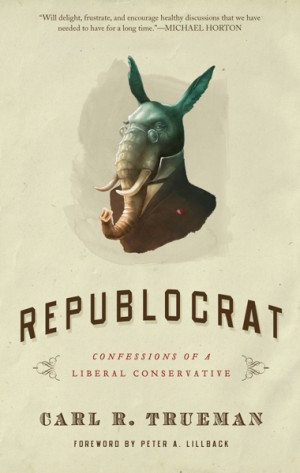 I started out looking for a gift for some of our graduating youth and discovered this phenomenal book written by teens for teens! Its basic premise - supported by engaging stories, studies, history lessons, and Scripture - is that the idea of adolescence is a relatively recent creation (only since the 19th c.) which created an awkward transitional period for teenagers with low cultural expectations. The authors challenge their fellow youth to rebel against these low expectations. Along the way they share about their own remarkable experiences, and those of other fellow teens. They point out that the teen years are a training ground and an investment, that we become who we strive to be. I can't think of a message our youth need to hear more beyond the gospel itself. Living out of low expectations that are imposed on them by everyone around them is a major struggle for our youth (and increasingly adults), particularly in an urban context.
I started out looking for a gift for some of our graduating youth and discovered this phenomenal book written by teens for teens! Its basic premise - supported by engaging stories, studies, history lessons, and Scripture - is that the idea of adolescence is a relatively recent creation (only since the 19th c.) which created an awkward transitional period for teenagers with low cultural expectations. The authors challenge their fellow youth to rebel against these low expectations. Along the way they share about their own remarkable experiences, and those of other fellow teens. They point out that the teen years are a training ground and an investment, that we become who we strive to be. I can't think of a message our youth need to hear more beyond the gospel itself. Living out of low expectations that are imposed on them by everyone around them is a major struggle for our youth (and increasingly adults), particularly in an urban context.The authors then share about five kinds of hard things that they encourage youth to do (and adults would do well to take heed as well) - doing things outside our comfort zones as the hardest but most essential step, measuring success by raising the bar for ourselves rather than settling for good enough by others' standards, seeking collaboration instead of giving up when things seem too big, recognizing the importance of small and seemingly inconsequential things when dreaming of making a big impact, and taking a stand even when it's unpopular. All of these are approached in very thoughtful and provocative ways with illustrations, examples, pitfalls, and helpful steps.
The last section of the book focuses not on individuals but on creating a counterculture and on illustrating the necessary critical values to succeed in this "rebelution" - Christ-like character, God-honoring competence, and world-spanning collaboration. They share some powerful stories of real-life teens and what they have been able to accomplish, illustrate some positive and practical ways to move from the big idea of doing hard things to actually making meaningful change, and close with a powerful appendix that presents the gospel worldview that forms the basis behind the entire book.

0 comments:
Post a Comment